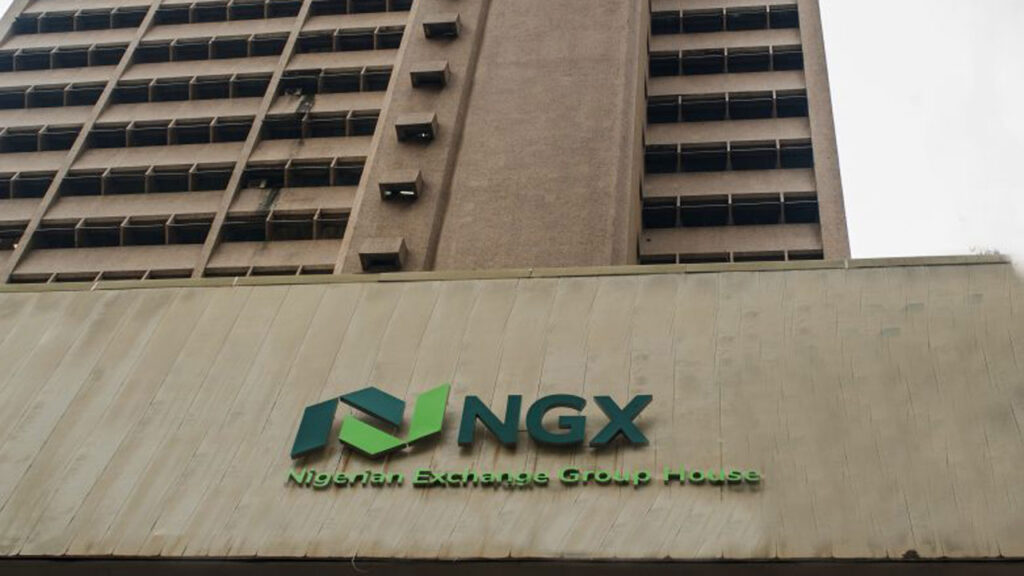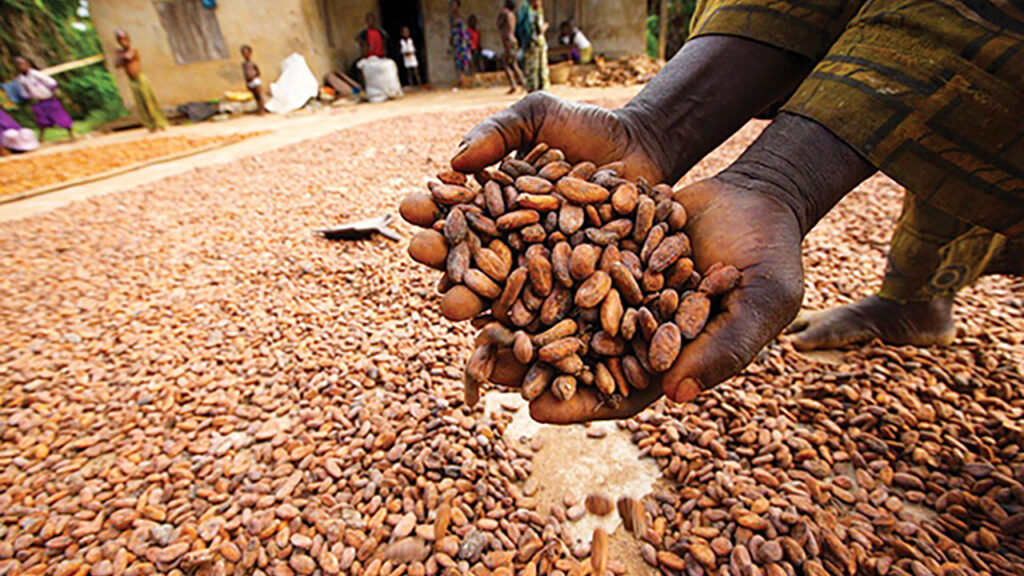
• Ask For Policy Review
• Rice Importers Say Quota Policy Retroactive
THE inclusion, by the Central Bank of Nigeria (CBN), of 41 items as not valid for foreign exchange is taking a toll on manufacturers, rice importers and millers, who are now asking the government to prevail on the apex bank for a policy review.
But the CBN is insisting that the policy would remain unchanged for the next four years.
While rice importers and millers are asking the CBN for a concession and also to allow them use their export proceed to import the commodity, in order to close the supply and demand gap, manufacturers are asking for enabling environment, that would make the real sector to thrive, before any policy implementation.
The Secretary General of Rice Millers, Importers and Distribution Association of Nigeria (RMIDAN), Shaibu Mohammed said in Lagos last week that government should allow members, who had already keyed into backward integration programme, to use their export proceed to import and ship rice into the country.
According to Mohammed, many of the rice farmers and millers in the backward integrated programme are also exporters, who may not have anything to do with the country’s foreign exchange market.
They want to be allowed to use proceeds of their export to ship into the country the needed quantity of the commodity to close the gap between supply and demand. ‘‘The Central Bank just issued a circular to say those items, which had already been classified as not valid for forex, cannot be funded at the interbank market, from proceed of exports and Bureau de Change sources.
So our plea is for the government to take a look at each of our members, do their profiling and allow the genuine ones to use their export proceed to bring in rice, because many of them are exporters also.”
Continuing, he said: “government can consider those who had already keyed into the backward integration programme to use their export proceed so that gradually we can reduce the importation of the commodity by encouraging local production.”
According to him, Nigeria could be self sufficient in rice production in the next three years if their plea is considered, adding that to do the otherwise would mean starvation for Nigerians as the price of the commodity could skyrocket beyond the affordability of ordinary Nigerians.
He said six million tones of the commodity is needed yearly in Nigeria, going by the last consumption statistics, adding that local production has not exceeded 2.5 million tons per annum, hence the need to close the gap with importation. ‘‘For the importers of rice, we are seeing this policy as a tactical ban on rice importation because you can no longer access Dollar to pay for your supplies.
The implication of this tactical ban is huge. The importers will become jobless and there will be famine in the land. Nigerians consume six million tons of rice yearly, but local production is a little below 50 per cent (N2.5 million tones).
So you have 3.5 million tons as a huge gap to be bridged either by legal importation or by smuggling. Smuggling of rice is going to double and the economy of neighbouring countries will witness a boom because they will ship into their country more rice to be smuggled into Nigeria.”
The chief scribe of RMIDAN applauded government’s backward integrated programme, saying: ‘‘government is on the right track with local production programme, “but it still does not have the speed.”
He said his members have invested in rice farming and milling and would continue to assist government in the execution of its policies on rice. ‘‘My members are into rice farming and milling and would continue to do so, provided government policy does not change.
If we continue with this policy implementation the way it is now, in the next three years, we should be self-sufficient in rice production. But there are challenges that could alter that prediction.
The government should provide the enabling environment. There should be adequate power supply, because our members are running the mills on diesel, bring down cost of production, put the bad roads in good shape, revive the decayed infrastructure, tackle corruption to encourage people into farming business.”
On the current face-off between rice importers and Nigeria Customs Service (NCS), he said none of his members exceeded their quota, adding that the allegation arose because of the confusion created by the Service, which made the quota retroactive.
Giving the genesis of the quota programme, he said, “at a point last year, the government increased tariff on rice to 110 per cent and by so doing the price of a bag of the commodity jumped to as high as N18,000.”
According to him, the high price encouraged smuggling to the extent that the Association had to donate 150 hilux vans to NCS to patrol the border and to stop smuggling. ‘‘But this did not work. So we say we can no longer import.
It was at this stage government stepped in because it was close to Christmas and the general election. Government then brought down the tariff to 70 per cent, while a concessionary duty rate of 30 per cent was given to rice producers who had keyed into the country’s rice programme.
The Central Bank just issued a circular to say those items, which had already been classified as not valid for forex, cannot be funded at the interbank market, from proceed of exports and Bureau de Change sources. So our plea is for the government to take a look at each of our members, do their profiling and allow the genuine ones to use their export proceed to bring in rice, because many of them are exporters also
Nothing was said of quota at this stage. So many of our members started importing, and others negotiating for supplies. But the quota issue came when a committee was set up to inspect farms and mills.
This committee could not even complete its job, but they asked us to import. So people started importing before the quota came. So their quota was retroactive.
Although we were told that there will be quota, but nobody knew when it would be. But when they now eventually came up with quota issue, we met the former Minister of Agriculture, who said since the quota is renewable every year, they should spread the excess over the following year’s quota,” he said.
The President of Manufacturers Association of Nigeria, Frank Udemba Jacobs said, although the policy of exclusion of certain items from foreign exchange market would favour manufacturers on the long-run, it is already taking a toll on some of the manufacturers, which depend on the items as raw materials. “The exclusion of some items from interbank market is in the interest of manufacturers because it would help production capacity and also assist local manufacturers to grow.
However, some of the items on the list are raw materials for some members of Manufacturers Association of Nigeria (MAN) and as a result, members are groaning and some are at the risk of closing down.”
According to the Manufacturers, the proper thing to do was for the CBN to give them enough time to look for alternative sources of raw materials before the policy implementation.










